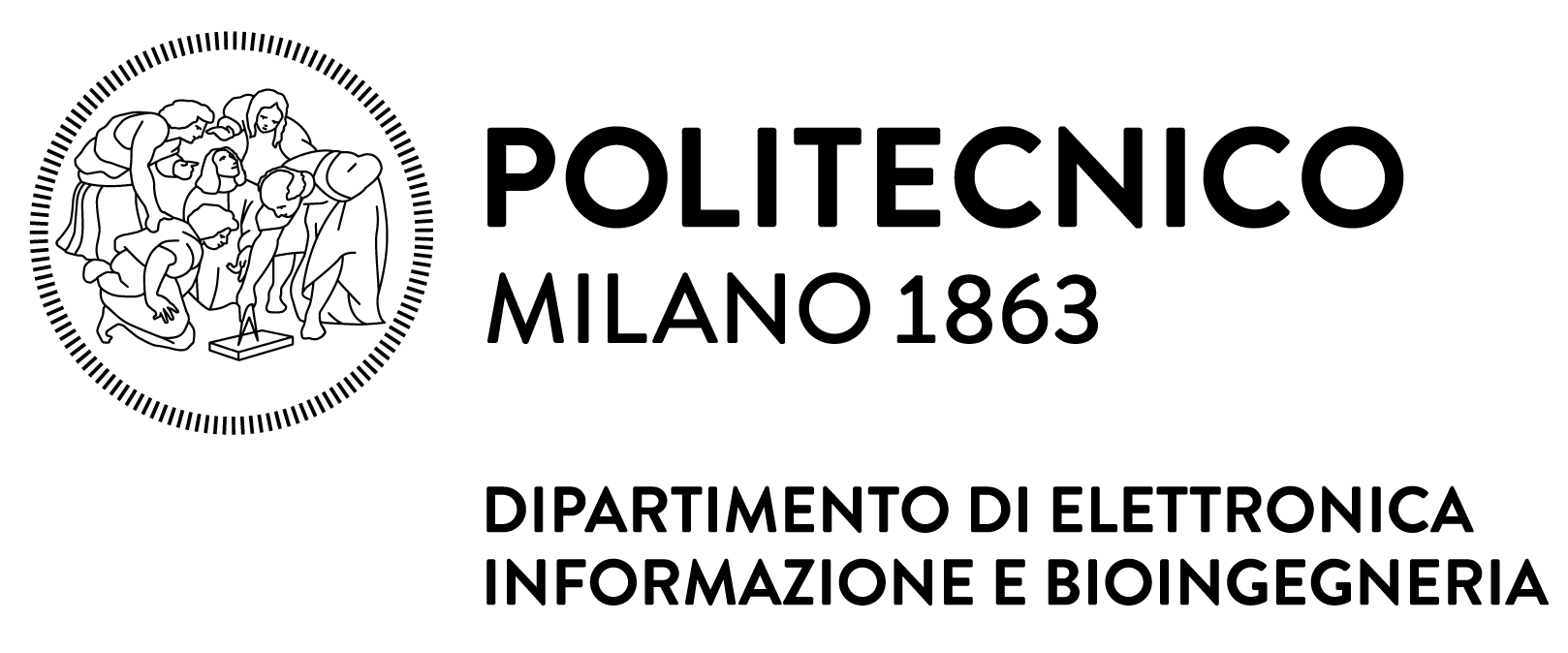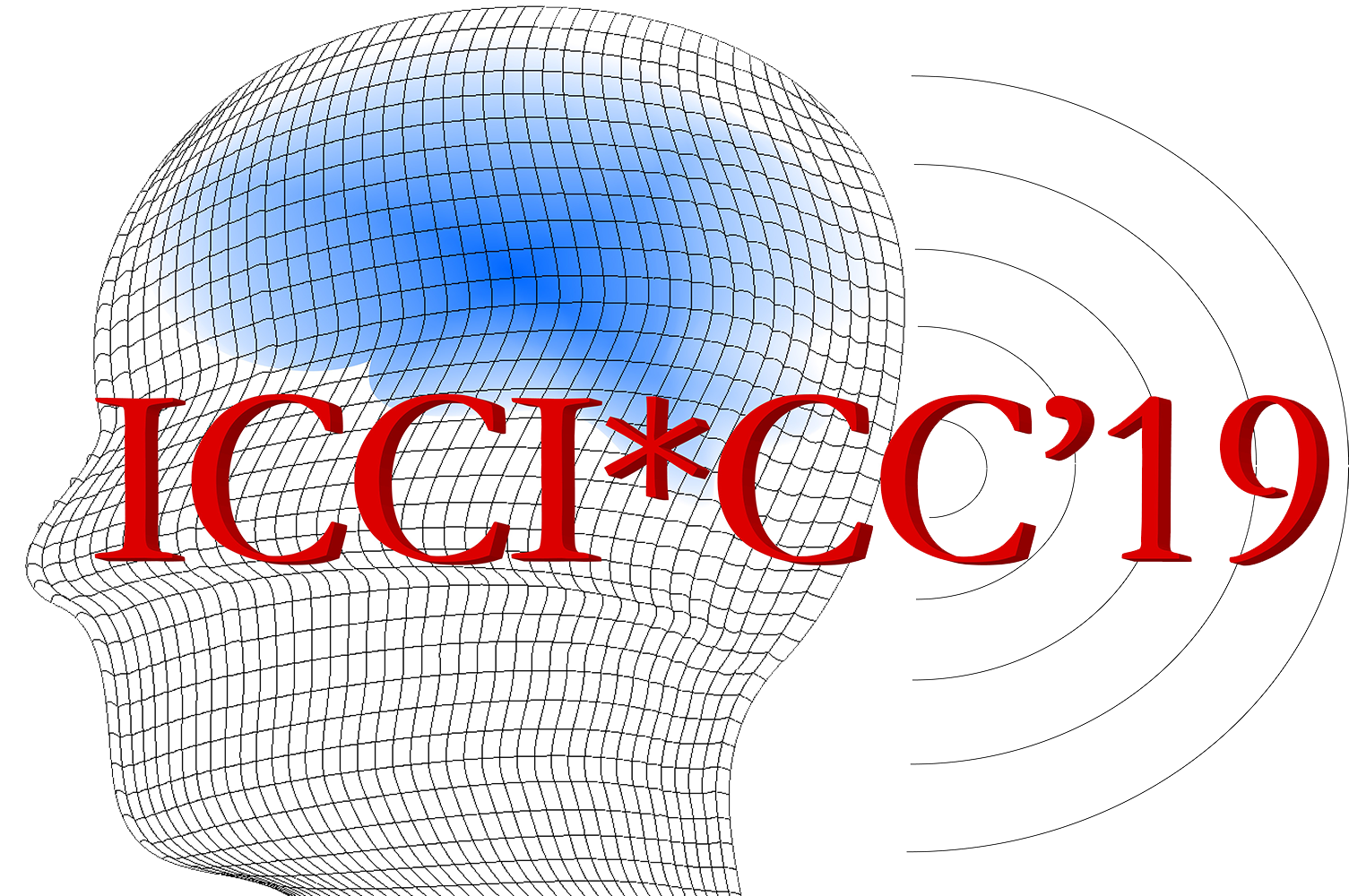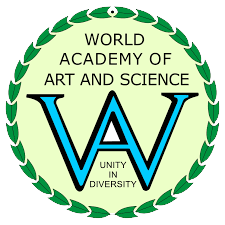Yingxu Wang (University of Calgary, Canada)
PROGRAM COMMITTEE
Alvarez-Pereira, Carlos (Spain)
Bahia, Saulo (Brazil)
Bandov, Goren (Zagreb)
Bateson, Nora (Sweden)
Bina, Olivia (Portugal)
Blanco, Carlos (Spain)
Bochniarz, Zbigniew (Poland)
Brunnhuber, Stefan (Germany)
Byers, William (Canada)
Collyns, Napier (USA)
Constantinescu, Emil (Romania)
Cordiero, Jose (USA)
Djurovic, Momir (Montenegro)
Fiorini, Rodolfo A. (Italy)
Gills, Barry (Finland)
van Griethuysen, Pascal (TNL)
Hoedl, Erich (Germany)
Hoffman, Robert (Canada)
Hytten, Mario (Sweden)
Jacobs, Garry (USA)
Likhotal, Alexander (Switzerland)
Mayor, Federico (Spain)
Nagan, Winston (USA)
Yong-Seung Park, Stephen (Korea)
Pogozheva, Natalia (Ukraine)
Poli, Roberto (Italy)
Popovich, Mila (USA)
Reuter, Thomas (Australia)
Rajan, Y. S. (India)
Ringland, Gill (UK)
Sahdev, Navroop (USA)
Segestrale, Ullica (USA)
Shultz, Rebecca (USA)
Smith, Charlie (USA)
Sreejith, S. S. (India)
Teixeira, Joanilio (Brasil)
Velamoor, Sesh (USA)
Van de Voorde, Marcel (Netherlands)
Vučinić, Vesna (Bulgaria)
Wilkinson, Angela (USA)
Wolff, Ralph (USA)
Zucconi, Alberto (Italy)
MAIN TOPICS and SUB-TOPICS
Symbiotic Science & Art
- Foundations of symbiotic systems
- Technology and society
- Symbiotic autonomous systems (SAS)
- Mind, thinking, and rationality
- Value judgement in decision making
- Social implications of AI
- Human-machine cooperation
- Creativity and wisdom
- Emotional and affective computing
- Roles of AI in social organization
- Computational intelligence in art
- Trans disciplinary cognition
- Science and art symbiosis
- Education for sciences vs. arts
- Concrete and abstract sciences</li
Humanity and Technology
- Evolving relationship between man and the machine
- Governing technology
- Managing systemic risk
- Social responsibility of science
- Governing privacy and trust
- Opportunities and challenges of networks
- Evolution of human-machines roles and relationships
- Man and machine consciousness
- Values in decision-making
Mind, Thinking and Rationality
- Human and AI/machine learning
- Concepts of social cognition
- Mind and Brain
- Psychology and Neuroscience of consciousness
- Social Physics and cognitive computing
- Experience in judgment formation
- Information and value judgements
- Impact of digitization on the brain, mind and behavior
- Objective and subjective dimensions of decision-making
- Anticipation and determinism in decision-making
Creativity
- Cognition and Mental development – stages and process
- Conceptual systems and deep thinking
- Scientific creativity
- Integral knowledge and holistic thinking
- Idioms in cognitive linguistics
- Sense perception, rationality and intuition
- Emotion, sympathy and affective computing
- Mathematical ambiguity and ambivalence
- Ambiguity in law and judicial proceedings
- Creativity and Individuality
Modeling Social Reality
- Role of technology in social organization
- Theories and models of social organization
- Evolution of social organization
- New business models
- Cognitive learning and organizational effectiveness
- Blockchain as an emerging social organization
- Modeling global society
- Complexity and contextuality
- Cognitive transdisciplinarity
- Social infomatics
- Modeling reality for decision-making
Education in the 21st Century
- What should be taught in an age of infoglut and universal access?
- The process of learning
- Experiential learning
- Effective learning
- Contextual learning
- Machine-aided learning
- Peer-to-peer learning
- Information transmission losses
WAAS CSW focus is on Symbiotic System Science (SSS)
Economic and societal forces, enabled by the evolution and convergence of several technologies, are driving the development of a novel generation of systems. Today, we are at a crossroads, on the cusp of significant transformative changes that will impact society worldwide, revolutionizing global business operations and fundamentally altering how inanimate objects are perceived in a world increasingly reliant on autonomous systems. Deeper reality understandings, new effective multidisciplinary, interdisciplinary and transdisciplinary competences are already strongly required, in the business, technical, management and social communities especially, at all levels and scales. Submission of original, contributing paper is strongly welcomed at this stage. All submissions will follow the same review process and included in the same IEEE proceedings.
The WAAS CSW Workshop will examine the economic, educational, social, legal, political, cultural, epistemological and psychological implications of rapid advances in artificial intelligence and machine learning. Social implications, laws and regulations govern the everyday life of businesses and citizens, and are important tools of public policy. Regulating has never been easy, but the overwhelming pace of technological change and unprecedented interconnectedness of economies has made it a daunting task. International organizations, which promote policies that will improve the economic and social wellbeing of people around the world, are already looking at the challenges for regulating disruptive technologies (i.e. the sharing economy, artificial intelligence, online platforms, biotechnology, etc.) as well as emerging (regulatory) approaches for governments to address them, while fostering innovation and making use of the benefits of these new technologies to enhance the life of citizens and business. Consequently, ICCI*CC 2019 global program can be thought, as a cognitive abstraction, by two parallel experiences to promote the fruitful, reciprocal knowledge and cognitive cross-fertilization from the two lines of human thinking that are complementary to each other since humanity appearance on this planet. Attending participants can select topics from both parallel experiences (ICCI*CC 2019 + WAAS CSW), according to their specific interests, to create their own personalized conference program and immerse themselves into their own, unique three-day experience.
Capitalizing on (SSS) insights and development, the recognition that SASs (Symbiotic Autonomous Systems) are poised to have a revolutionary impact on society over the coming years is quite straightforward. The theoretical foundations of SAS are underpinned by the emergence of abstract sciences (AS), based on cognitive transdisciplinarity and cognitive transdisciplinary education, as counterpart of classical concrete sciences (CS), based on traditional focused education. The latter includes physics, chemistry, biology, neuroscience, neurology, physiology, brain science, biomedical engineering, bioengineering, engineering sciences, management, etc. The former encompasses data, information, knowledge, intelligence sciences, as well as sociology, mathematics, system science, etc. In the coming decades we are bound to see progress in both the “computerization” of the world and in its digitalization. These two trends will strengthen one another and will overlap creating the age of SAS.
WAAS CSW facilitates the development of the new field of SSS to consolidate and advance technological and managemental expertise with emphasis even on Ethical, Legal, and Societal (ELS) implications, with the objective to promote fundamental human-centric economic and social growth by regulatory quality across government, adopting key tools of regulatory policy, such as stakeholder engagement processes and regulatory impact assessment.
WAAS CSW welcomes researchers, practitioners, and graduate students to join this international initiative on cognitive informatics, cognitive computing, art and science, toward the investigation of cognitive mechanisms and processes of human information processing, and the development of the new generation of SAS.
ICCI*CC 2019 offers the unique opportunity to immediately update your current, experiential knowledge-base and to deep learn new ideas and concepts from highly talented, technical oriented and social oriented professionals and academicians for the better, mutual understanding of current, significant transformative changes that will impact society worldwide in the near future.
Welcome to the 18th International Conference on COGNITIVE INFORMATICS & COGNITIVE COMPUTING at the Politecnico di Milano University, Milano, Italy, July 23-25, 2019, where Art, Science and Technology symbiotically create our bright future.
Yingxu Wang (University of Calgary, Canada)
World Academy of Art & Science (WAAS)
World Academy of Art & Science (WAAS) is an international think tank composed of more than 700 individual Fellows from diverse cultures, nationalities, and intellectual disciplines chosen for eminence in the natural and social sciences, arts and humanities. WAAS was founded in 1960 by a group of eminent intellectuals concerned by the impact of the explosive growth of knowledge, its activities seek to address global issues related to the social consequences and policy implications of knowledge. Past members have included Bertrand Russell, Albert Einstein, Robert Oppenheimer, Joseph Needham, Buckminister Fuller, Margaret Mead and Yehudi Menuhin. WAAS serves as a forum for addressing the pressing challenges confronting humanity today founded on faith in the power of original and creative ideas to conveniently adapt and lead in a changing world. Its mission is to promote cross-disciplinary dialogue generative of original ideas and integrated perspectives that comprehend the root causes and effective remedies for our common problems while furthering those currents of thought and social movement that affirm the value of human dignity and equitable development. Its motto is “Leadership in thought that leads to action.” WAAS has been accorded special consultative status with UN ECOSOC. It is incorporated in the State of California as a 501(c)(3) corporation.
More on SAS at IEEE Symbiotic Autonomous Systems
Tech Blog at IEEE Future Directions



